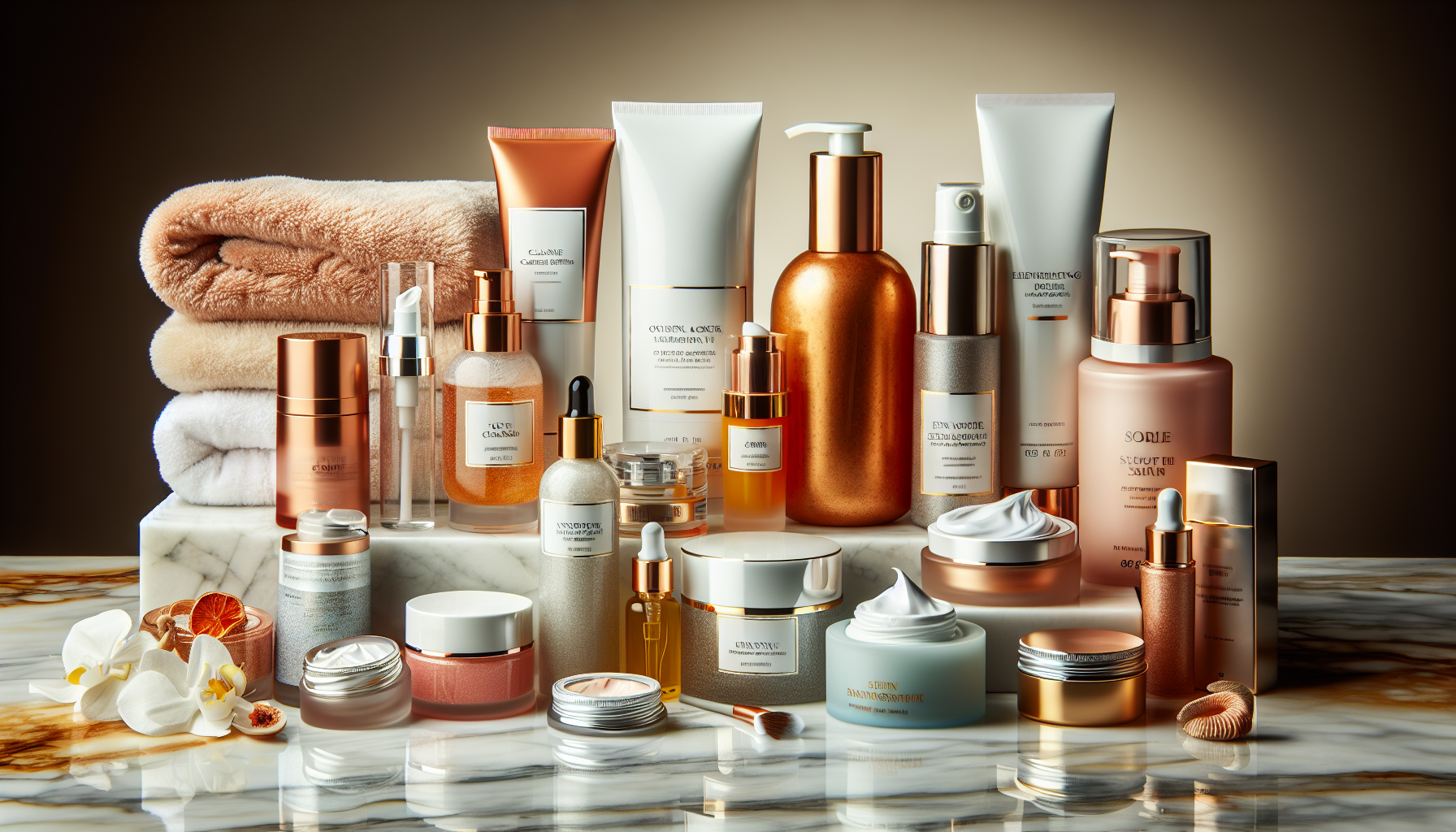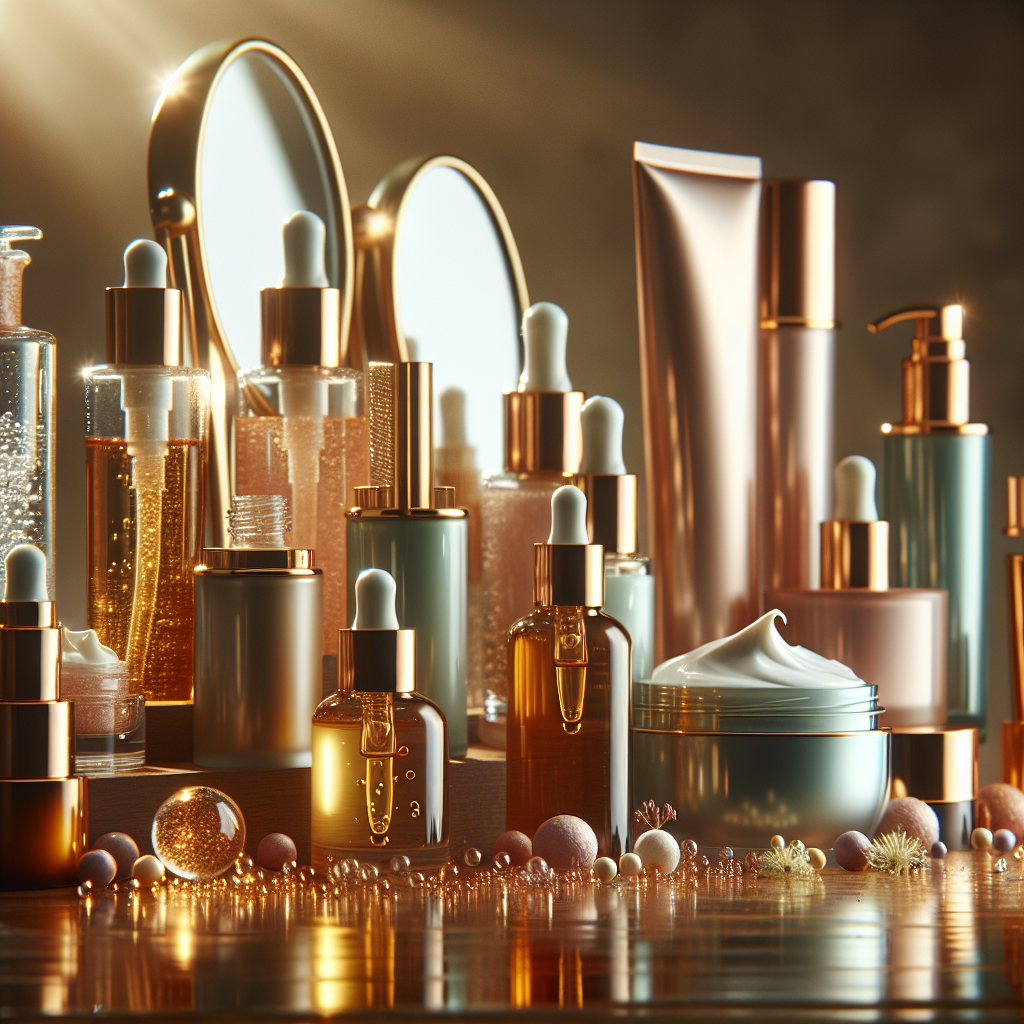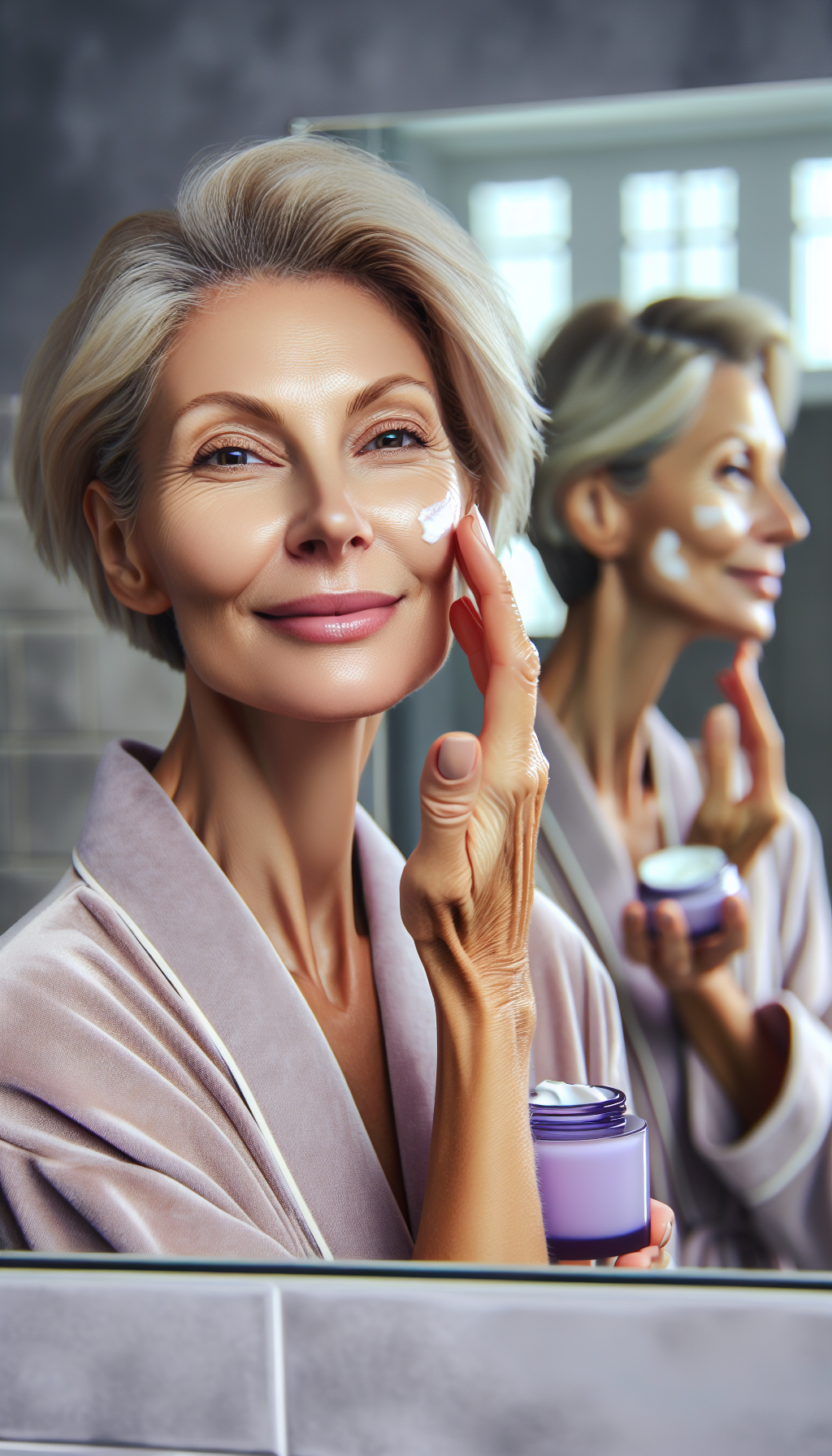Aging is a natural process that reflects the passage of time in our bodies, especially on our skin. However, with the right skin care routines tailored to different age groups, it’s possible to maintain a radiant and youthful complexion for longer. This article will guide you through anti-aging skin care routines suitable for various stages of life, ensuring your skin gets the care it needs to look its best at any age.
In Your 20s: Building the Foundation
Your 20s are all about prevention. During this decade, your skin is still producing plenty of collagen and elastin, the proteins responsible for keeping your skin firm and elastic. To keep it that way, start by integrating a daily sunscreen into your routine to protect against UV damage, which is a major cause of premature aging. The Importance of Sunscreen in Skin Health can provide more insights into why SPF is a crucial part of your skin care.
A gentle, non-stripping cleanser and a basic moisturizer that suits your skin type are also essential. Begin to incorporate an antioxidant serum, such as one containing Vitamin C, to combat free radical damage. And don’t forget to establish a regular sleep pattern, which is crucial for skin health, as discussed in Skin Health and the Importance of Sleep.
For further information on the foundational elements of skin care in your 20s, explore our dedicated section on Skin Health.
In Your 30s: Intensifying Prevention and Starting Correction
As you enter your 30s, you might start noticing fine lines or a slight loss of skin brightness. This is the time to up the ante on your skin care routine. Exfoliation becomes key; look for alpha-hydroxy acids (AHAs) or beta-hydroxy acids (BHAs) to help accelerate cell turnover.
Introduce a retinol product into your evening routine to help boost collagen production and address fine lines. Eye creams become significant during this decade as well, as the skin around your eyes is thinner and often shows signs of aging first. Anti-Aging Strategies for Skin in Your 30s provides a detailed guide on how to adapt your skin care routine as you progress through this period.
For advanced knowledge on the role of specific ingredients in anti-aging, such as retinol, consider reading niche resources like the American Academy of Dermatology’s insights on retinoids.
In Your 40s: Addressing Visible Signs of Aging
By your 40s, you may notice more defined wrinkles, hyperpigmentation, and a decrease in skin elasticity. It’s essential to incorporate products that can help to address these changes. Look for peptides and growth factors in serums and creams, which can help to repair skin and stimulate collagen production.
Hydration becomes even more critical, so a richer moisturizer may be necessary, and you may benefit from using a hyaluronic acid serum to maintain moisture levels. For hyperpigmentation, ingredients like vitamin C, kojic acid, and niacinamide can help. You might also want to explore professional treatments, such as chemical peels or laser therapy. The Importance of Collagen for Skin Health and Youthfulness will offer you a deeper understanding of why collagen is so vital at this stage.
For further insights into the use of peptides and growth factors in your routine, resources like the International Journal of Molecular Sciences review on peptides provide valuable information.
In Your 50s and Beyond: Deep Moisture and Repair
In your 50s and beyond, hormonal changes can lead to drier skin and a more pronounced loss of volume and elasticity. Your skin care routine should focus on deep moisture, repair, and nourishment. It’s time to look for products with high-performance ingredients like ceramides, fatty acids, and more robust antioxidants.
A richer, more emollient moisturizer is necessary to combat dryness. Products with phytoestrogens can help balance the hormonal effects on your skin. Continued use of retinol is crucial, but you may need to adjust the formulation or frequency of use based on your skin’s tolerance.
Additionally, consider incorporating products that target specific concerns such as age spots or sagging skin. Facial oils rich in essential fatty acids can help to restore the skin’s lipid barrier, making it more resilient. For targeted advice on managing skin changes during menopause, the article Skin Care Routine Adjustments for Menopausal Women offers tailored information.
Reflecting on the role of diet at this stage of life, especially the benefits of anti-inflammatory foods, can have a significant impact on skin health. A resource like the Harvard Women’s Health Watch on anti-inflammatory diets could be incredibly beneficial.
Embracing a Holistic Approach
While topical treatments are vital, remember that skin health is also profoundly affected by lifestyle choices. A balanced diet, regular exercise, adequate hydration, and stress management play an essential role in maintaining the skin’s youthful appearance. The Role of Diet in Managing Rosacea Symptoms and How Exercise Impacts Skin Health and Complexion can provide more comprehensive guidance on how holistic health affects skin quality.
Final Thoughts
Anti-aging skin care is not merely about the products you use; it’s about consistency, lifestyle, and being proactive rather than reactive. By tailoring your skin care routine to your age group’s needs, you can effectively support your skin’s health and vitality through the decades. Remember, the best time to start an anti-aging routine is now, regardless of your age. Your skin will thank you for it in the years to come.



